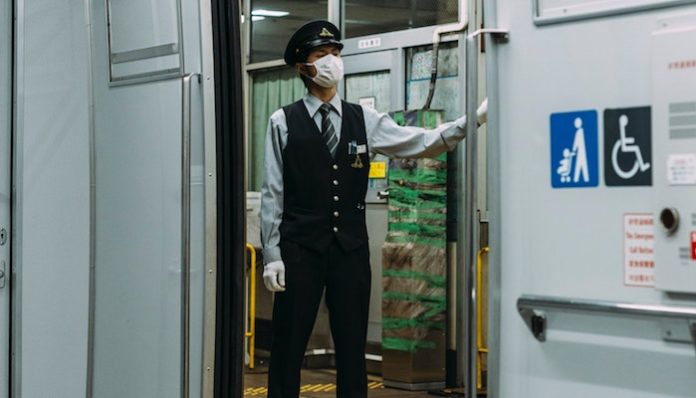
Only a few days into 2020, China announced that a new virus, the 2019-nCov virus, is infecting its citizens. As of February 18, there are 72,528 coronavirus cases in China, and 1,870 people have died from the virus. Medical professionals have also confirmed a total of 804 cases in twenty-five other countries. Consequently, China has initiated many lockdowns to help decrease the virus’ outbreak.
Economically speaking, the coronavirus pandemic could not have had worse timing. China and the US signed a $200,000 trade deal on January 15, but coronavirus scares have weakened American-Chinese relations. The United States, Russia, and other countries have suspended entry for Chinese citizens. Unfortunately, this not only hinders international travel, but it also complicates trade agreements. Consequently, the Chinese plan to ask the US for leniency in meeting the purchase obligations.
Obviously, though, the Trump administration will determine how America responds to the deal.
The Trump administration’s critics of the Chinese government insist that we can no longer trust the Chinese Communist Party to disclose their knowledge of the virus and outbreak management techniques. Furthermore, Peter Navarro says that this entire trade deal blow-up is a “wake-up call” to avoid relying on medical supplies from China.
China hawks say that they see the virus weakening the party’s legitimacy and further separating America and China. US-China relations have deteriorated sharply since President Donald Trump took office. The Trump administration launched a trade war against China and banned US companies from selling equipment to Huawei. Furthermore, the United States increased visa restrictions on Chinese students and scholars within the United States. While China hoped that this recent trade deal would ease tensions between the two countries, the coronavirus outbreak has increased US-China tensions even more.
The virus hasn’t just affected US-China relations; it’s also harmed China’s stock trade.
Due to the epidemic, Chinese stocks dropped 9% for the worst loss in years after a multi-day trading halt. Chinese imports tied to leisure, retail, and travel are at the greatest risk of not meeting their purchase obligations. The weeks-long closure of Chinese factories will also affect imports of manufacturing parts. The coronavirus is hindering any face-to-face interactions between corporate representatives to organize purchases or trades. This, in turn, slows down deal making with Chinese companies.
Sadly, the coronavirus has caused a variety of issues for Chinese citizens. Only time will tell just how devastating the virus will be for US-China relations and the Chinese people as a whole.
Feature Image via Liam Burnett-Blue on Unsplash


















